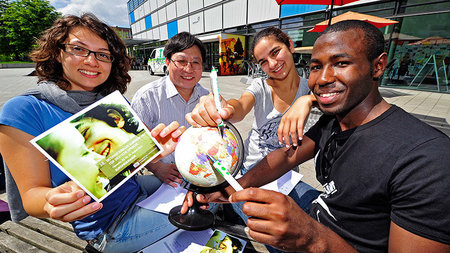News
The latest updates and daily information about the work of the junior professorship can be found on our Instagram channel @jp_interkulturelle_praxis!
There you will find information about new scientific publications, special teaching experiences and other activities of the junior professor.





